

ACS Chemical Biology Young Investigators Webinar
Tuesday, September 13, 2022
Session 1: 10:00AM EDT | 9:00AM CDT | 8:00AM MDT | 7:00AM PDT
Session 2: 8:00PM EDT | 7:00PM CDT | 6:00PM MDT | 5:00PM PDT
ACS Chemical Biology Young Investigators Webinar
The interface of chemistry with biology is continuously evolving, and so is the chemical biology community.
As part of our continuous efforts to reflect and promote this rapid progress, we are proud to present this webinar featuring authors from our Young Investigator Special Issue of ACS Chemical Biology.
The purpose of this event (and accompanying collection of content) is to promote early career scientists who are doing cutting edge research at the interface of chemistry and biology.
Registration Form
If you register after the start of the event, you will receive a link to view the recording when this is available.
Session 1
90 minutes
10:00AM EDT | 9:00AM CDT | 8:00AM MDT | 7:00AM PDT
Chuan He and Peng Chen - Welcome and Introduction
F. Ifthiha Mohideen - In Vitro Reconstitution of the dTDP-l-Daunosamine Biosynthetic Pathway Provides Insights into Anthracycline Glycosylation
Frédéric Friscourt - Impacting Bacterial Sialidase Activity by Incorporating Bioorthogonal Chemical Reporters onto Mammalian Cell-Surface Sialosides
Samira Musah - Adriamycin-Induced Podocyte Injury Disrupts the YAP-TEAD1 Axis and Downregulates Cyr61 and CTGF Expression
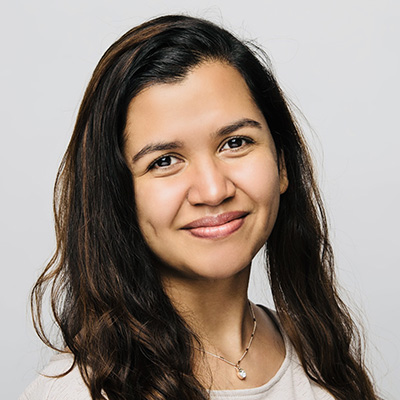

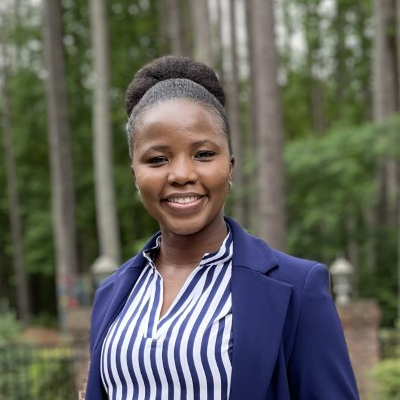
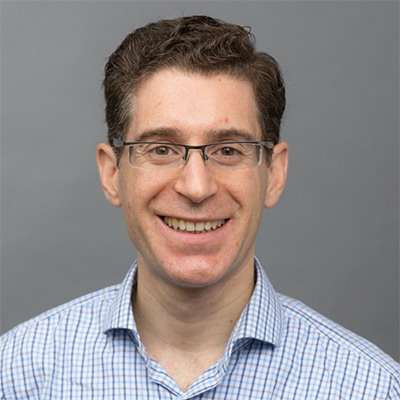
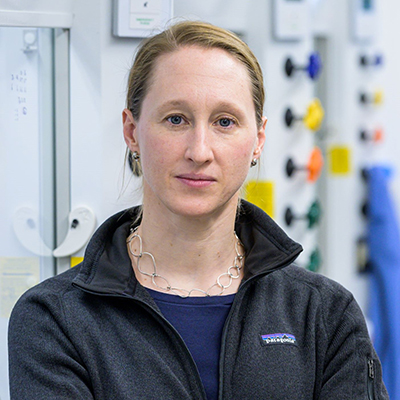
Session 2
90 minutes
8:00PM EDT | 7:00PM CDT | 6:00PM MDT | 5:00PM PDT
Chuan He and Peng Chen - Welcome and Introduction
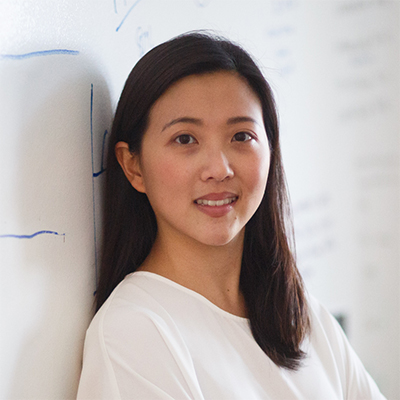
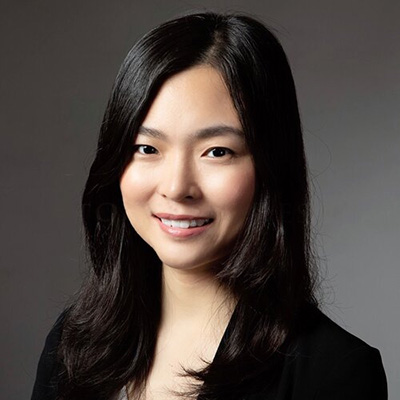
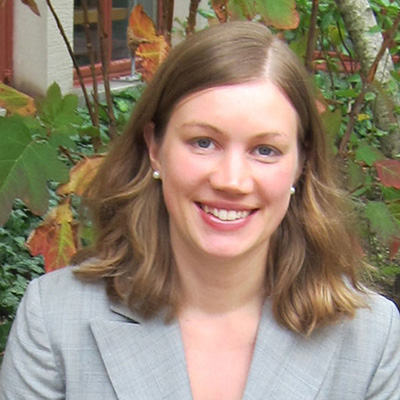
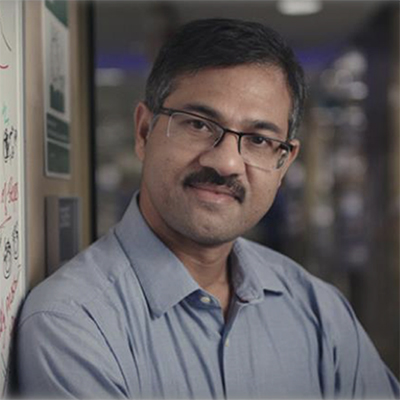
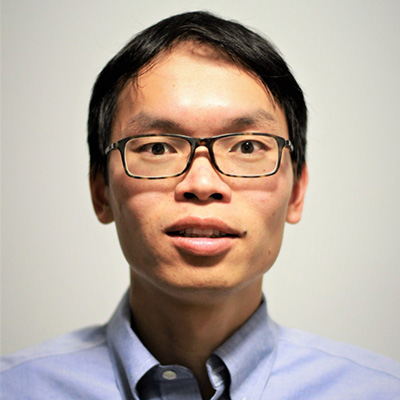
Copyright © 2025 American Chemical Society | 1155 Sixteenth Street NW | Washington, DC 20036 | View our Privacy Policy


